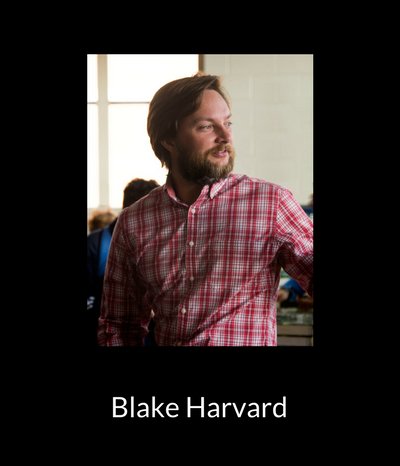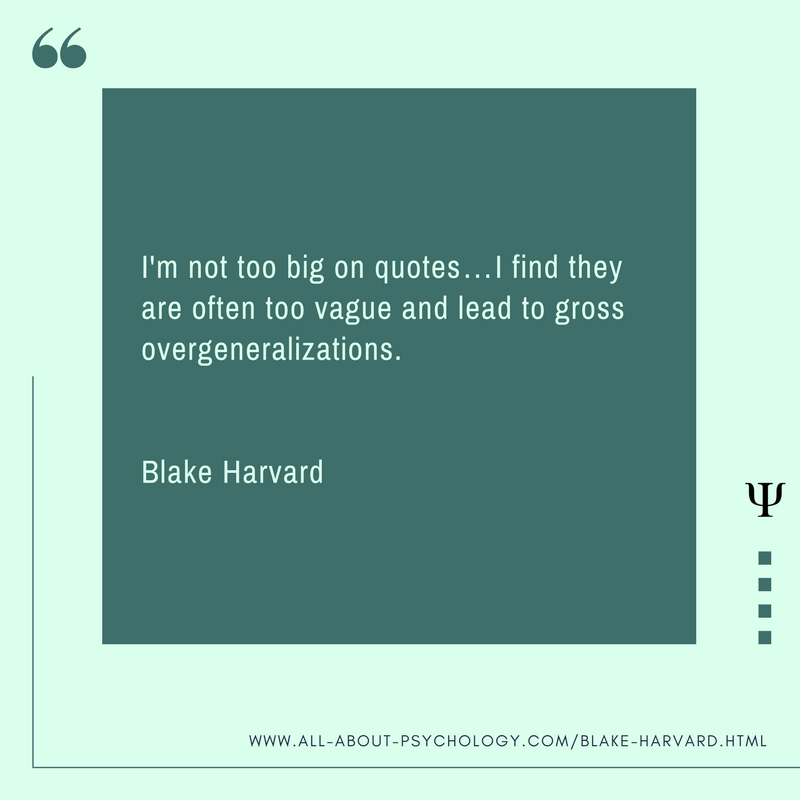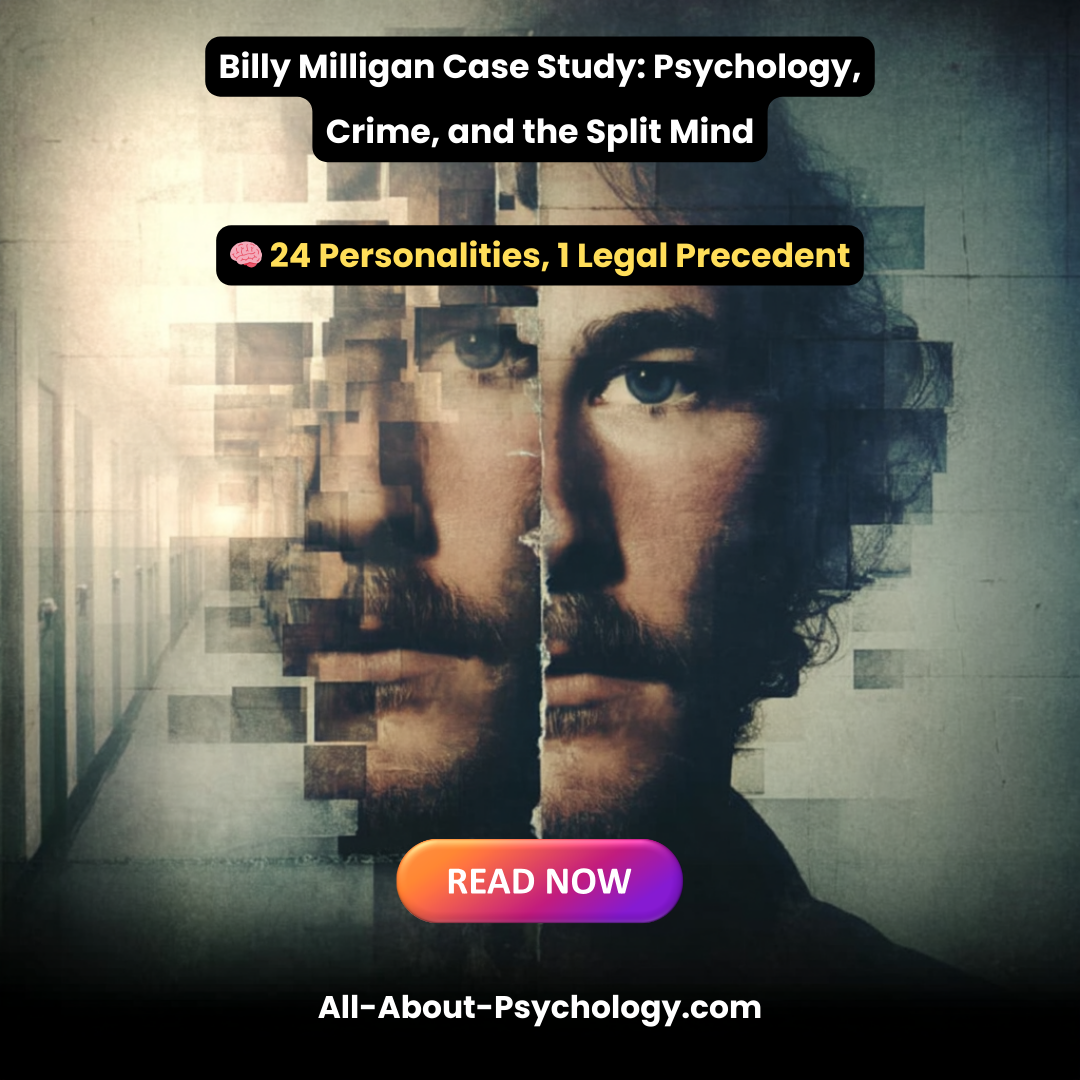Psychology Classics On Amazon

Interview with Blake Harvard
Want To Study Psychology?
Blake Harvard is an AP Psychology teacher at James Clemens High School in Madison, Alabama. He has been teaching for about a decade and received his M. Ed. and B. S. degrees from the University of Montevallo. Blake has a passionate interest in cognition and psychology; particularly in relation to education and learning. As a result, he began penning his blog The Effortful Educator to highlight research being done on learning, memory, and cognition and their connections to the classroom.
Q & A
What led you to pursue an interest in how cognitive psychology can be applied in the classroom?
It all started about a year and a half ago. While scrolling through twitter, I came across The Learning Scientist @acethattest. I visited their website and really took a liking to their content and its basis in evidence and research.
As a teacher, I am well aware of different fads of education (learning styles, the learning pyramid, brain gyms, left-right brain, etc.) and I love that The Learning Scientists' content is widely applicable and easily modifiable to most classrooms. From there, I began reading anything and everything I could on cognitive psychology in the classroom, I wrote a guest blog for The Learning Scientists, and shortly after that started my own blog.
What can visitors expect from your blog The Effortful Educator?
The Effortful Educator is a space where teachers can see research applied to the classroom. One of its major goals is to take research which may be difficult to understand, break it down, and then describe how I use this strategy in my classroom. It is place for conversation and, hopefully, a place where teachers can encounter information they can use/modify for their own particular classroom.
I loved the 'completed' slide you posted on Twitter concerning the evidence for learning styles. Why do you think the myth of learning styles continues to flourish despite all the evidence to the contrary?
Facilitating a PD with faculty soon on myths of education. This is one of my completed slides:@P_A_Kirschner @DTWillingham @dylanwiliam @researchED1 @AceThatTest @APAEducation @ssat @edutopia @MindShiftKQED @ImpactWales @EvidenceInEdu @hechingerreport @deansforimpact @hgse pic.twitter.com/iWt5PFqmSl
— Blake Harvard - Effortful Educator (@effortfuleduktr) March 30, 2018
Particularly in the United States, professional development is usually one size fits all and is whole-school. By that, I mean that one person decides what is being presented to the entire faculty and it is almost always taken as fact, with little push back from teachers. I believe the learning styles myth gained its popularity because of this style of professional development and also due to its prevalence in teacher training.
You can visit many university's websites and read of how they train teachers to educate students of all learning styles. It is still somewhat mind-boggling to me this myth hasn't been exposed yet. I continue to fight the good fight, however, and await the day when learning styles are no more.
Do you ever incorporate evidence based learning strategies into your role as a soccer coach?
Definitely. I'm actually working on a blog post now comparing how I teach in class and how I create and implement sessions on the soccer field. There are a number of parallels, from how new information in introduced to the gradual release of structure to allow for creativity and trial and error.
If you had to recommend just one effective learning strategy to students, which one would it be and why?
Retrieval practice. I titled my blog the effortful educator because learning takes effort. It takes cognition. Using retrieval practice, students use their brain in an attempt to retrieve information. I love it for its simplicity and its ability to immediately let students and teachers assess learning. If a student cannot answer a question about a particular piece of material, they shouldn't assume they know the information. Now students and teachers know what needs to be covered again. It sounds so simple, but it flies in the face of most students' intuition of how to study (rereading and highlighting notes) and produces results and gains in learning.
Do you have a favorite quote or phrase about learning?
What is researchED?
researchED is "a grass-roots, teacher-led project that aims to make teachers research-literate and pseudo-science proof." Through perusing twitter, I came across researchED about a year ago. This group of teachers and researchers work to expose teachers to, what I call "fad-proof" information. Much as The Learning Scientists focus on learning strategies that are backed by research, researchED wants to empower teachers with material that improves the classroom and student outcomes without proliferating myths of education. I was honored to speak at researchED New York this past year and plan on speaking at researchED Philadelphia in October of 2018.
Do you have any best practice tips or advice for someone considering a career in teaching?
Do what works. Don't succumb to using certain strategies in your classroom because they're simply fun. I'm not saying bore your students to death, but fun doesn't always equal proper engagement or learning. Make sure you are skeptical (not cynical) about all information you read on improving your classroom. If there's no evidence to back the newest and greatest edu-tool, don't trust it.
Recent Articles
-
All About Psychology
Apr 22, 25 02:37 PM
A psychology website designed to help anybody looking for detailed information and resources. -
Sponsor a Psychology Website with Over a Million Yearly Visitors
Apr 22, 25 10:07 AM
Showcase your brand to a huge, engaged audience. Discover how to sponsor a psychology website trusted by over a million visitors a year. -
Billy Milligan Case Study: Psychology, Crime, and the Split Mind
Apr 18, 25 09:10 AM
Was Billy Milligan a fractured victim—or a manipulative genius? This Billy Milligan case study explores the psychology behind one of history’s most controversial trials.
New! Comments
Have your say about what you just read! Leave me a comment in the box below.Go Back To The Psychology Expert Interviews Page






New! Comments
Have your say about what you just read! Leave me a comment in the box below.